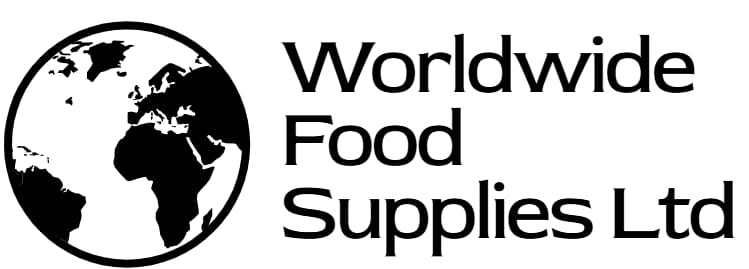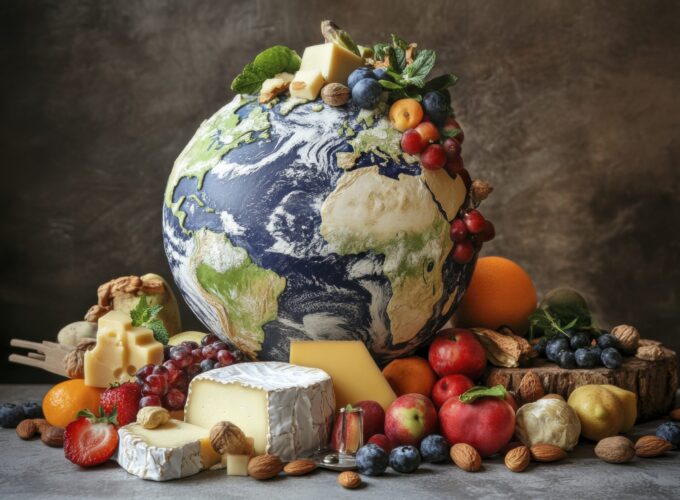Worldwide Food Supplies (WFP) ensures food quality and safety by screening and auditing suppliers against strict criteria, implementing comprehensive quality control systems like HACCP and regular inspections, maintaining detailed documentation and traceability systems to track products from farm to fork, using advanced technologies for objective testing, and fostering collaboration with international organizations and stakeholders to uphold global standards and share best practices.
Supplier Management & Auditing
-
Rigorous Screening:WFP evaluates suppliers based on food safety and quality criteria before awarding contracts.
-
Ongoing Audits:After contracts are awarded, WFP conducts audits to ensure suppliers consistently meet standards and to identify areas for improvement.
Quality Control Systems & Practices
-
HACCP Integration:The organization utilizes the Hazard Analysis and Critical Control Points (HACCP) system to identify and manage potential hazards throughout the production process.
-
Inspection & Training:WFP trains its inspectors and regularly calibrates equipment to ensure consistent, accurate assessments of food products.
-
Preventive Measures:Continuous monitoring systems and periodic audits are implemented to detect and address potential issues early.
Traceability and Documentation
-
Farm-to-Fork Tracking:WFP employs traceability systems to track products throughout the supply chain, enhancing transparency and accountability.
-
Detailed Records:Comprehensive records of inspections, tests, and corrective actions are maintained to facilitate swift responses to any identified problems.
Technology Adoption
- Advanced Testing: WFP adopts modern tools like near-infrared spectroscopy and electronic noses to improve the speed and objectivity of food testing.
-
International Standards:WFP aligns its efforts with global food safety standards and guidelines developed by organizations such as the Food and Agriculture Organization (FAO) and the World Health Organization (WHO).







